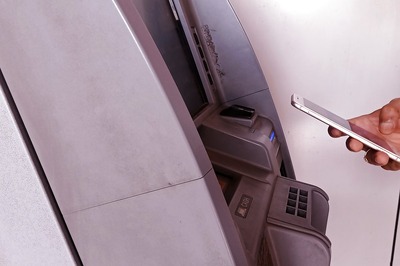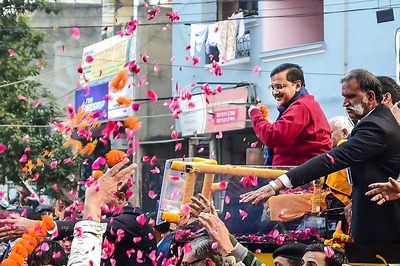
views
window._taboola = window._taboola || [];_taboola.push({mode: 'thumbnails-a', container: 'taboola-below-article-thumbnails', placement: 'Below Article Thumbnails', target_type: 'mix' });Latest News
The Central Government project SAFE-I, aimed at supporting small and medium hospitals to achieve the required standards in quality care and reduction in the rate of hospital-associated infections, was launched here on Tuesday.
The programme, launched by the National Accreditation Board for Hospitals and Healthcare Providers in association with private health care provider BD India, is being piloted in the states of Kerala and Punjab.
Ernakulam is the third district in the state to launch the programme after Thiruvananthapuram and Kozhikode.
Under the programme, private and government hospitals that apply for the SAFE-I accreditation will be given training for standardising, adopting the necessary infection control practices, assessing hospital safety, staff training and also providing the technical support. Once the hospitals meet the standards after the training programme, they will be provided with the SAFE-I certification.
The certification is valid for a period of two years, between which two surprise checks will be conducted at the hospital. The certification has to be renewed after two years. Seven hospitals in the state, including one private hospital, has already received the certification. The SAFE-I certification is considered to be a stepping stone for hospitals aiming for the more stringent NABH accreditation.
“In India, there is an urgent need for all hospitals to be compliant with the safety standards. We are making efforts to address the necessity to introduce quality assurance mechanisms in India and the NABH accreditation thereby assumes particular significance. The programme will be a stepping stone for the hospitals to begin their journey towards NABH accreditation,” said Dr Gayatri Mahendroo, director of NABH.
The main focus of the programme is on the reduction of hospital associated infections (HAI). According to the officials, above 25 per cent of the infections treated in hospitals are estimated to be hospital-acquired ones. While this was 10 per cent in Canada and 14 per cent in middle-income countries like Malaysia, in India there are no national-level programmes to assess such infections, they said.

















Comments
0 comment